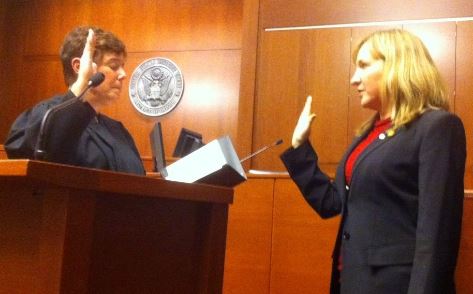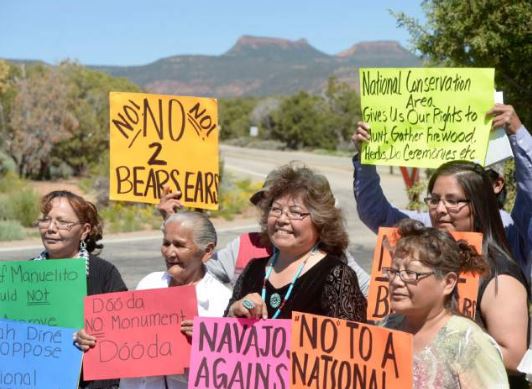Who watches the watchers? In an era of mass phone surveillance and the ubiquity of the all-seeing digital eye, the FBI apparently can’t even put eyes on its own evidence stash.
 The Washington Times reported Monday that the agency’s Washington, D.C., field office had potentially compromised an untold number of pending cases by failing to place video surveillance in the evidence room at its Washington, D.C., field office — a fact unearthed by assiduous defense lawyers representing a suspect in a drug conspiracy case.
The Washington Times reported Monday that the agency’s Washington, D.C., field office had potentially compromised an untold number of pending cases by failing to place video surveillance in the evidence room at its Washington, D.C., field office — a fact unearthed by assiduous defense lawyers representing a suspect in a drug conspiracy case.
The use of video monitoring is considered a best practice, but it isn’t set in stone by FBI policy. That hasn’t stopped attorneys representing Matthew Lowry, accused of swiping seized heroin in evidence storage during his time as an FBI agent, from casting doubt on an accuser who can’t attest to the integrity of its own chain-of-custody practice for the evidence in question.
The FBI accuses Lowry of stealing evidence and firearms from evidence, but defense attorneys filed a motion Monday pointing out the storage area remained unmonitored — a weak spot in the government’s case that has revealed itself in countless other prosecutions throughout the country.
“I’ve got thousands of headlines [about similar cases] and that’s no exaggeration,” Joe Latta, executive director of the International Association for Property and Evidence Inc., told the Times. “Every day there is something going on.”
If the American population at large has reached the point at which there’s no reasonable expectation of privacy anywhere in public — even as the NSA erodes the expectation of privacy while people inhabit their own private space — the least the government can do is to point its cameras inward for a change.
“If you look at general law enforcement, I’d say more don’t have video surveillance than do,” Latta added. “Should they? Absolutely. But the evidence room is sometimes low on the food chain in the organization.”


